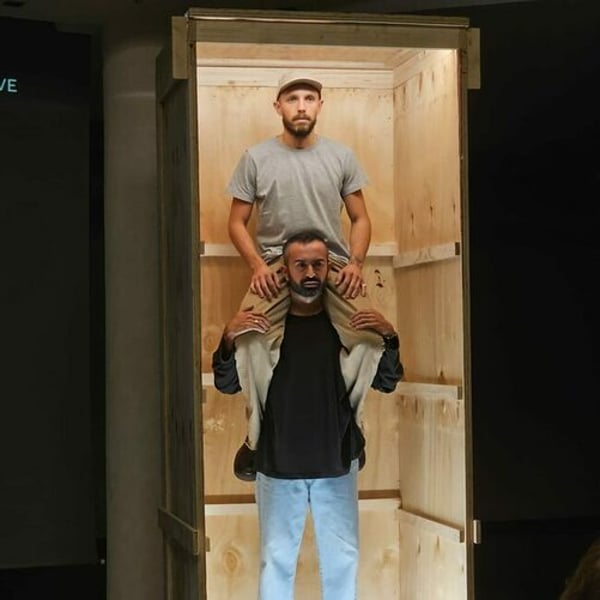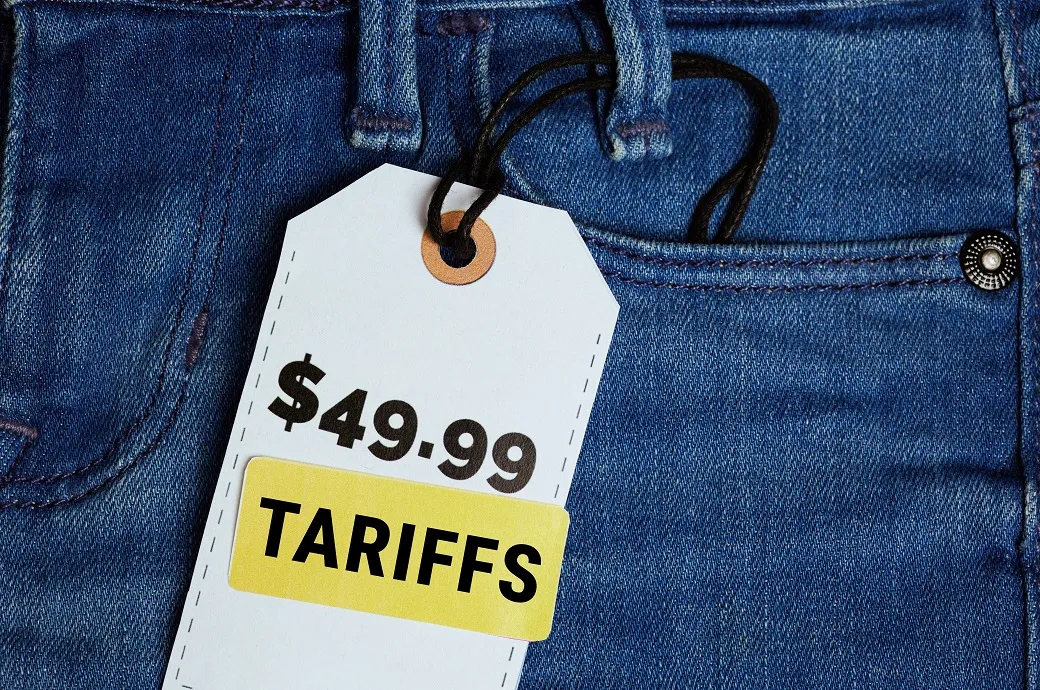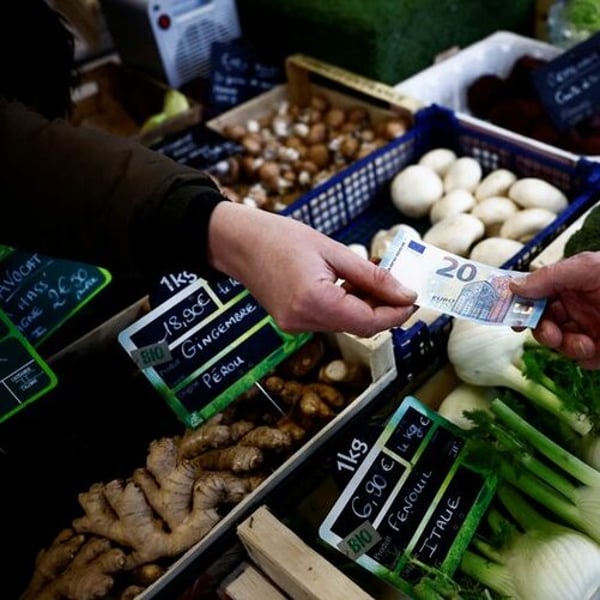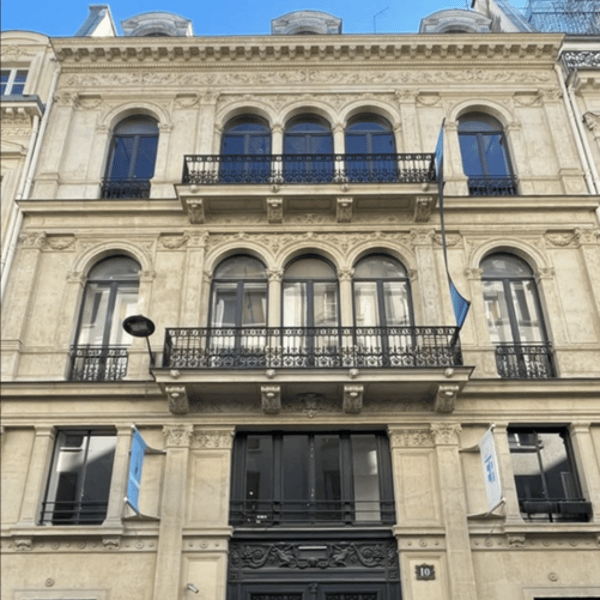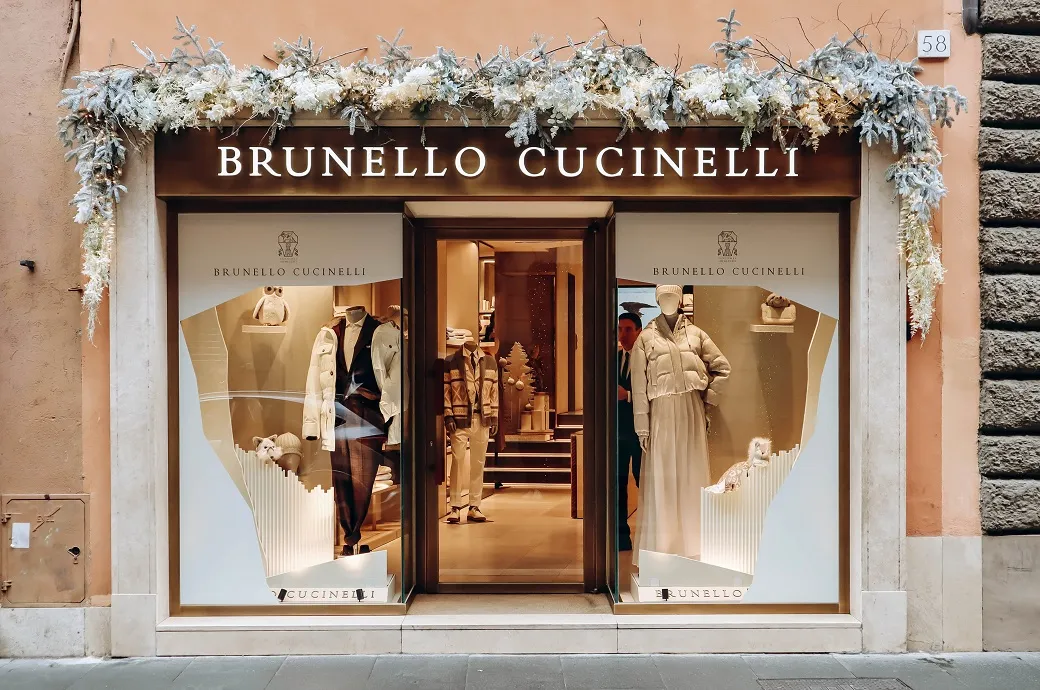Translated by
Nicola Mira
Published
May 21, 2024
In his first European interview since taking over as CEO of The Lycra Company in November 2023, Gary Smith spoke about his vision and plans for the company with FashionNetwork.com. In addition to talking about costs, innovation and sustainability, the former CEO of Polartec and president of Timberland's Outdoor Group explained his strategy for the company's industrial structure, his vision for therapeutic textiles and the current challenges of the textile market. denim.
FashionNetwork.com: From your experience in the textile and apparel sector, where does The Lycra Company currently sit within the rapidly evolving textile industry?
Gary Smith: All in all, joining The Lycra Company is a really exciting opportunity. And for many reasons. It is a leading group in its sector, which has been active for 66 years and has not stopped innovating. The Lycra Company is no longer just a producer of spandex, but offers a wide range of fibers and materials. And when it comes to spandex, we continue to improve, enabling fabric manufacturers and their customer brands to market products that make a difference. I am very familiar with the different types of materials in this industry, and they are the ingredients that open doors for brands, in terms of performance, hygiene, comfort and more.
FNW: You took over at a time when manufacturers and brands were increasingly under pressure in terms of costs and prices. How does this affect your business?
G.S.: First of all, price is an issue only when value is absent. As partners with clothing brands and fabric manufacturers, our job is to know how much value we can generate for them. If this value is merely fungible, that is [our products] They are simply a commodity, then price would be the only basis for competition. But that's not who we are, although we do have convenience products within our range. At least half of the products we sell, both by volume and category, are very differentiating products, which you will only find at The Lycra Company. And the other half of our range, which offers alternatives to what our competitors sell (you should always be respectful of your competitors), also promotes differentiation in terms of consistency, quality and reliability. Sometimes also in terms of production proximity, because we normally produce in regions where our customers operate.
Ours is a compelling value proposition, which justifies the premium pricing we have always adopted. We are only a small part of the manufacturing cost of the final product. As long as we can justify the value we add to our customers' products, I believe we can maintain the prices we set. I am quite confident in our position.
FNW: How did the change in ownership of The Lycra Company affect the group's organization and strategy?
G.S.: Shandong Ruyi Group had a vision and acquired some major brands, hoping to become a sort of Chinese LVMH. Its creditors have now taken control of the company. Having started working with them, it is clear that they are not natural long-term owners. They are investors, not shareholders. But they have the best interests of The Lycra Company at heart, because that's how they will recoup their investment. I think they have turned out to be very good managers and I have a very healthy working relationship with them. And one of my tasks is to insulate our business from the ownership structure that supports it.
FNW: Where does sustainable development figure in your current strategy?
G.S.: There are two points to keep in mind. The first is that, regardless of the industry and the laws of each country, it is important that a company does the right thing. It is essential that industry professionals be good citizens, regardless of competitive or legal obligations.
The second point is that fashion, especially in Europe, has become the embodiment of the negative impact caused by consumption. Since we work in this sector, we have a duty to act. But I would like to emphasize that we have taken this path before [sustainability] It became “fashionable,” and not just so it could launch products that could generate some headlines. After six months in the role, I can say with confidence that ethics and integrity have long been a feature of our organization. This translates into a constant desire to innovate and improve our range.
For example, we've always been committed to recycling, even when that meant cannibalizing our own products. We invented spandex, but also T400, which is a recyclable polyester alternative to spandex. And now I've relaunched a nylon project with a similar approach.
FNW: What are the current priorities in terms of your industrial structure? Are you planning to build new sites? Or update and expand existing ones?
G.S.: We just announced that we are expanding our capacity in China, a country that represents the majority of global textile industry production and where we are relatively underrepresented. We take over a plant in Yinchuan, not far from the Mongolian border, a project started by someone else and then suspended. We will complete it through a joint venture agreement. We will be able to manufacture our less advanced products at this new site and increase capacity for our more sophisticated products at our existing sites. The challenge is always to achieve the right industrial balance between core and cutting-edge products. Increasing our capacity is important as local demand is high.
In terms of modernizing our manufacturing structure as a whole, it is important to stay up to date to preserve our investments as well as our strategy and our ability to be flexible. At our European sites, we are planning to move from coal-based energy to gas-based energy, creating cogeneration plants that will supply energy to the local districts where they operate.
Partnership with fabric manufacturers
FNW: You have recently joined with Dairencomplementing the deal it closed with Qore in 2022. Should we expect The Lycra Company to sign other strategic partnership agreements?
G.S.: Yes always. The partnership with Dairen is basically an extension of that of Qore. The latter allows us to obtain butanediol (BDO), which Dairen can then transform into polytetramethylene ether glycol (PTMG), from which we produce spandex. In the coming months we will move from pilot production to full-scale production.
You need diversity in your organization, in your ecosystem. If you have an isolated mindset, you will rarely get the best results. There are many skilled people we can work with. For example, one of my goals is to find manufacturers to help us innovate in our polyester and nylon business. We have some good polyester brands, like Thermolite and Coolmax, but it's hard to be innovative with this fiber. We are not fabric manufacturers and I believe we will benefit from having closer partnerships with weavers who have an appetite for innovation.

FNW: In which markets do you think the company should focus its expansion efforts?
G.S.: I think it is important for us to expand our capabilities in the production of what I would call therapeutic fibers for medical use. A few years ago, there was a lot of hype about wearable technology, but then it died down. But now it is possible to do many things with materials worn close to the skin, for example in post-operative recovery, in compression therapy or in the healing of vascular problems and skin diseases. All areas in which fibers can be a therapeutic aid. We have a medical stockings and socks business in Europe and I think we could expand it to other categories and take it to another level.
FNW: In terms of clothing, do you plan to be more active, for example in lingerie, sportswear and denim?
G.S.: No sector is a more urgent priority than others, all have their own challenges and opportunities. Take denim for example. Pants and skirts are always most affected by economic shocks. When people's purchasing power is limited by inflation and geopolitical uncertainty, they stop buying clothes. And if they really spend some money, they will be more inclined to buy blouses. Because they are like the petals of a flower.
Denim is currently facing this and another challenge: oversized jeans are making a comeback. Now it's skinny versus baggy, stiff versus stretchy. And we can't have it both ways, since our products are primarily used close to the skin. Then there are circumstances beyond everyone's control, like the earthquake in Turkey, which is still disrupting the country's cowboy industry, [Turkey] being a great producer.
How should we deal with this? Well, at Kingpins Amsterdam we launched our FitSense technology, which creates specific fit areas on jeans, aiming to support specific sections of the product rather than creating a generic stretch effect. And I must say that we have received very good feedback on this solution.
FNW: Based on your experience with [apparel] brands and their suppliers, how do you think the relationship between The Lycra Company and the client brands of Lycra, Coolmax and Thermolite is evolving?
G.S.: We call ours a push/pull model: we sell directly to fabric producers and sometimes our value proposition to them doesn't resonate or make sense to the end consumer, so to speak. We provide producers with the ability to consistently produce high-quality, durable materials. And they are willing to pay for it, because it is important. But consumers are usually not aware of all this.
Our attraction strategy comes into play when we sell directly to [apparel] brands, allowing them to add value to their products with specific features. Sometimes these brands emphasize the fact that they use Lycra, sometimes they don't. This is not a problem. We produce flour and brands make bread. Customers rarely ask their baker what flour they use. In an ideal world, when a customer compliments the baker, the baker would say “it's because I use Lycra flour.” But being an “ingredients” brand requires respect, because our role is to help manufacturers make better products. We only play a small role in the process and it is important to be humble about it.
Copyright © 2024 FashionNetwork.com All rights reserved.


